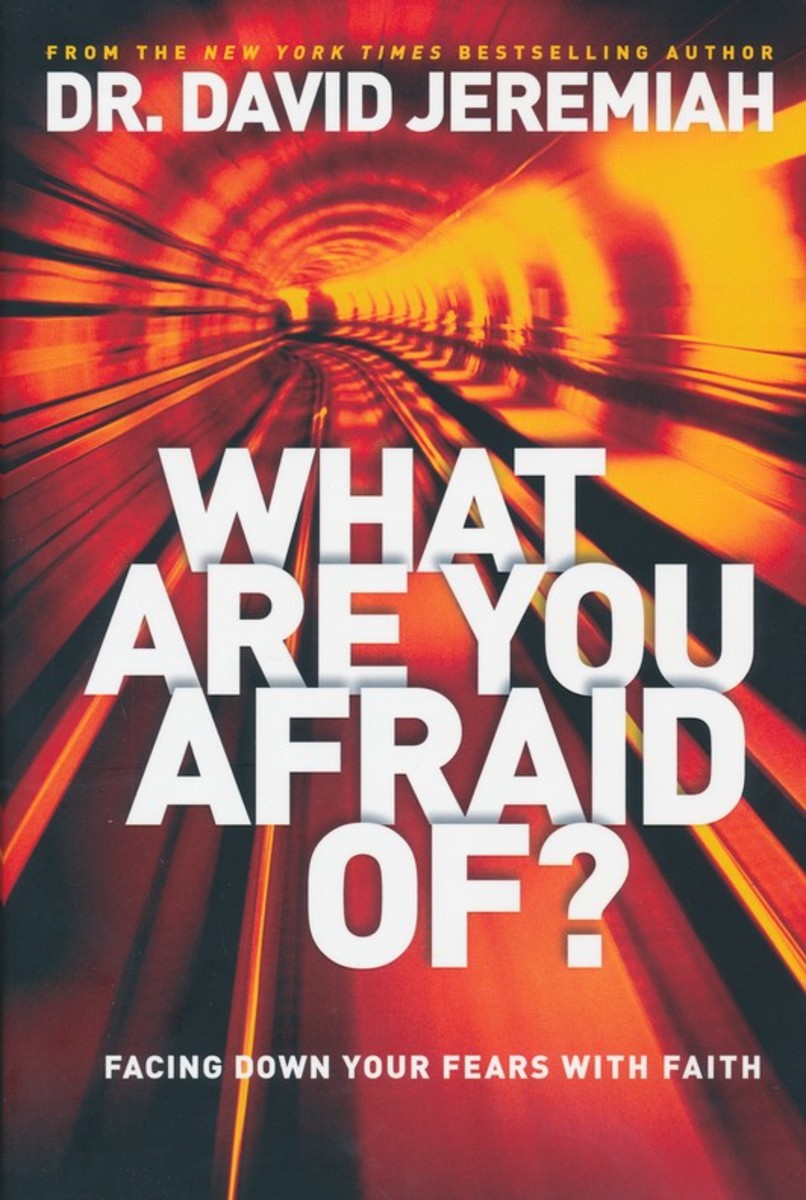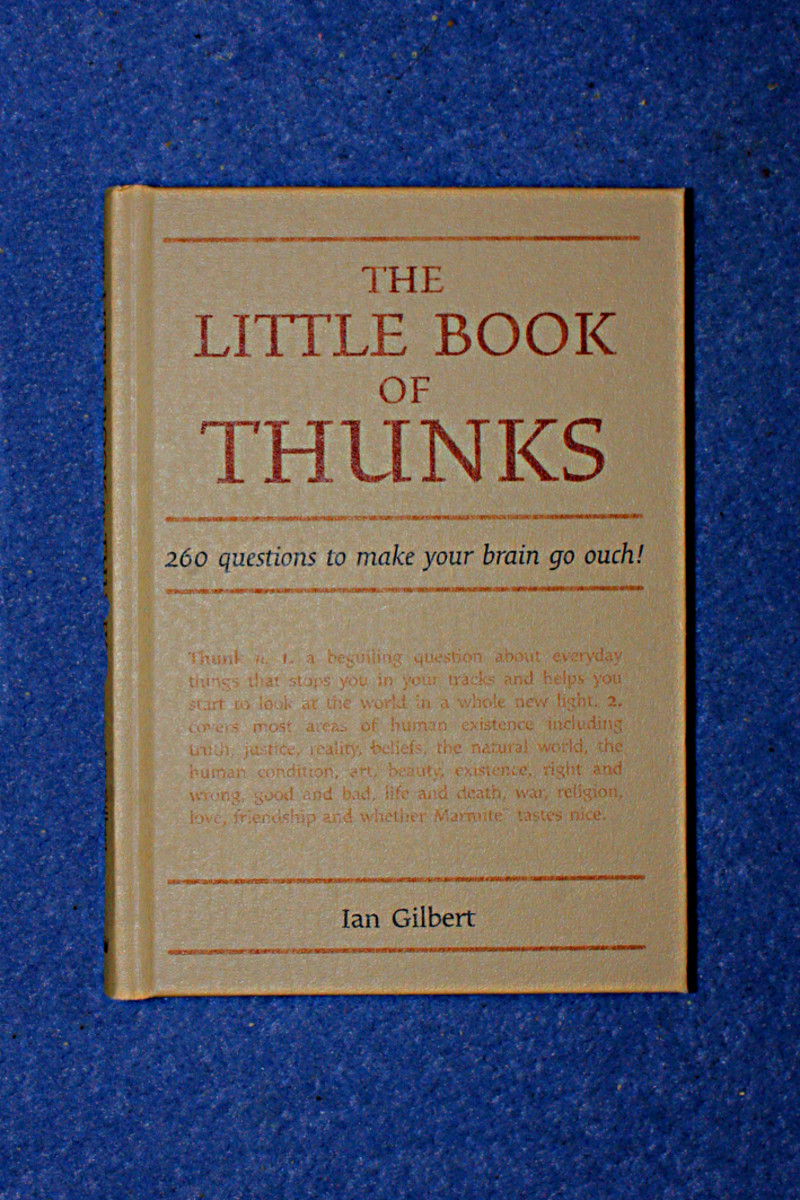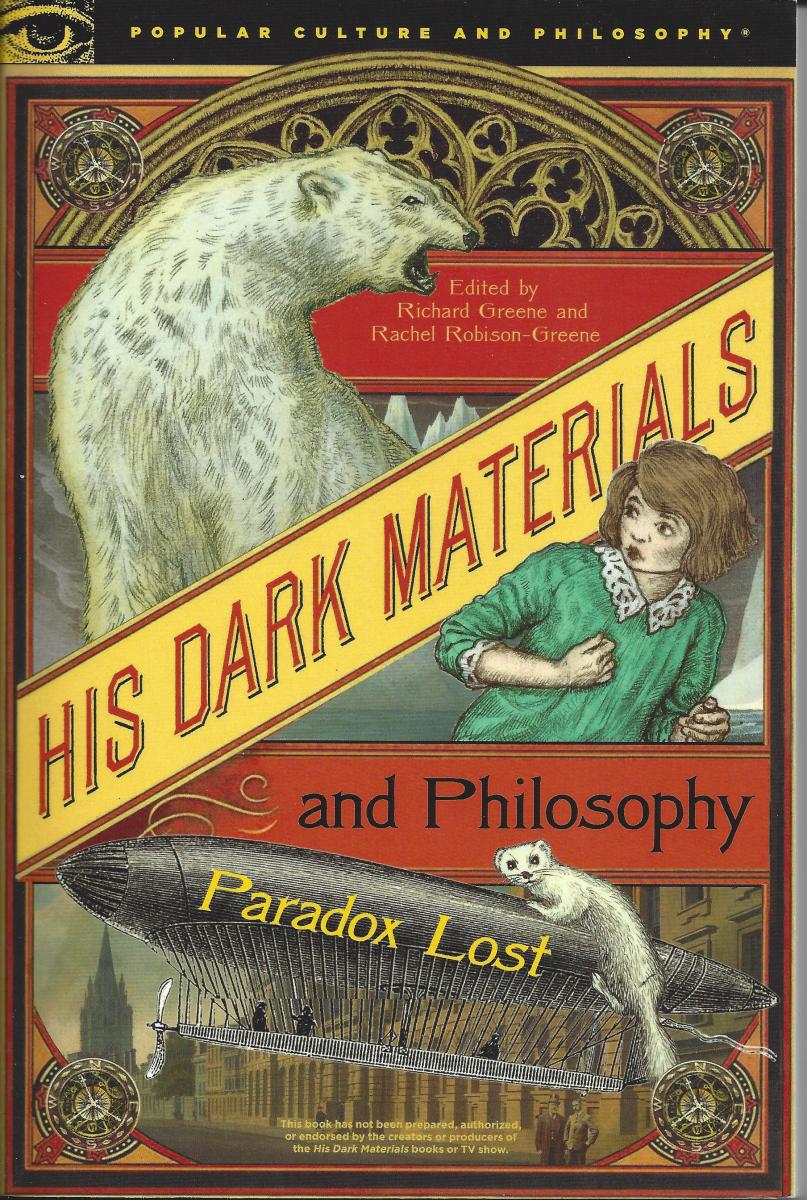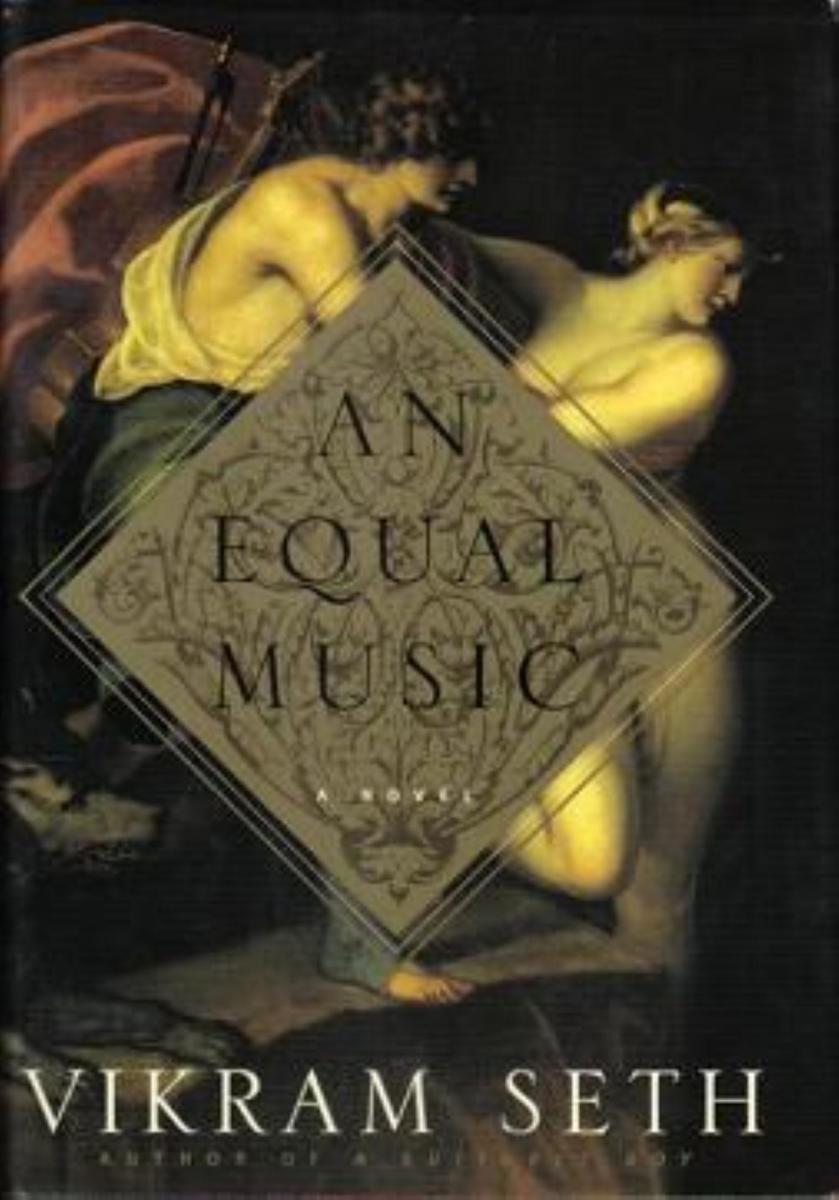Book Review: 'Scott Adams and Philosophy'
Introduction
Scott Adams is most famous for his Dilbert comic strip. He’s written a number of nonfiction books like “Win Bigly”, “How to Fail at Almost Everything and Still Win Big” and “God’s Debris”. This book is not a single thesis. Instead, it contains 18 different essays, each addressing a different topic and by a different author. This makes the book truly a mixed bag.

The Strengths of ‘Scott Adams and Philosophy’
An early essay explains the competition between Sophists and Socrates, the rationalists versus those who see us as running off of emotional reasoning. The latter is gaining more credence with books like “Investing and the Irrational Mind” and Jonathan Haidt’s books.
Here is a fully detailed explanation of Scott Adam’s famous “You are wrong because” logical fallacy checklist. Each of the logical fallacies is given at least a paragraph.
I loved the essay about how Dilbert comic strips are the perfect demonstration of the Hegelian dialectic while brimming with irony, though Hegel himself hated irony.
Another philosophical piece describes how Dilbert is the perfect distillation of Camus’ absurdity. The only difference between Camus’ philosophy and Scott Adams’ philosophy is how they deal with the absurdity. Suffice to say, Scott Adams’ solution is much more amenable.
At least one essay explains what a master persuader is and what would reasonably qualify someone as such.
Chapter 12 provides a detailed analysis of why Dilbert is chronically unhappy, and it offers some suggestions on how he could change and improve. I know a few technies who could benefit by adopting the same advice themselves.
Chapter 13 uses Dogbert to explain modal logic quite well.
Chapter 14 turned into a history of how various societies viewed work, ending with the modern Desjardins view of work. This is valuable to those who want to understand how the Protestant work ethic contradicts prior notions that work was demeaning and beneath the intellectual class.
Chapter 15 challenges Scott Adams’ moist robot hypothesis. Whether you agree or not, it is well written.
The author of Chapter 18, “Scott Adams and the Pinocchio Fallacy”, needs to go on Joe Rogan show to debate the people who are arguing the universe is a computer simulation. This essay is a close second to that experience.
The Weaknesses of ‘Scott Adams and Philosophy’
I was hoping for more analysis of Scott Adams’ books like “God’s Debris”. That sort of philosophical analysis is mostly absent from a book that would logically contain it. Chapter 17 is the only essay dedicated to this subject, though it is the richest vein.
The PowerPoint conspiracy essay was supposed to be funny but wasn’t.
The essay “But women can vote” isn’t a philosophical treaty. It is an essay that tries to condemn Scott Adams as a misogynist, throws in lots of smears, and only subtracts from the book. Chapter 16, “Why Scott Adams Is Stupid”, is mostly a personal attack of Scott Adams, as well. That means two out of almost 20 essays aren’t really philosophy but condemnation of the person they’re supposed to be analyzing.
Observations about the Book
The chapter on “Intelligence and Duh-mocracy” takes Scott Adams’ jokes on “in-duh-viduals” and turns it into a thorough discussion on how we might minimize the impact of “in-duh-viduals”. It admits the unfairness and potential problems with various strategies. It ends up suggesting democracy in the workplace. A good antidote to this essay is the book “The Wisdom of Crowds” by Surowiecki.
Scott Adams’ most famous recent success was predicting that Trump would win the Republican nomination and election of 2016 followed by a rather accurate timeline of the criticisms of Trump (he’s Hitler – he’s stupid/crazy – he’s incompetent – he’s competent but we hate what he’s doing). Given this, I expected discussion on that topic. Advice on how Clinton could have done better is moot. The other chapters on the same topic are weaker.
Summary
Where the book “Scott Adams and Philosophy” is good, it is great. The fact that you can get everything from a history of certain ideas to explanations of major logical fallacies is a plus. Several essays aren’t really philosophy, merely hit pieces against Scott Adams, and that cost the book one star. I give this book four stars.
© 2018 Tamara Wilhite








